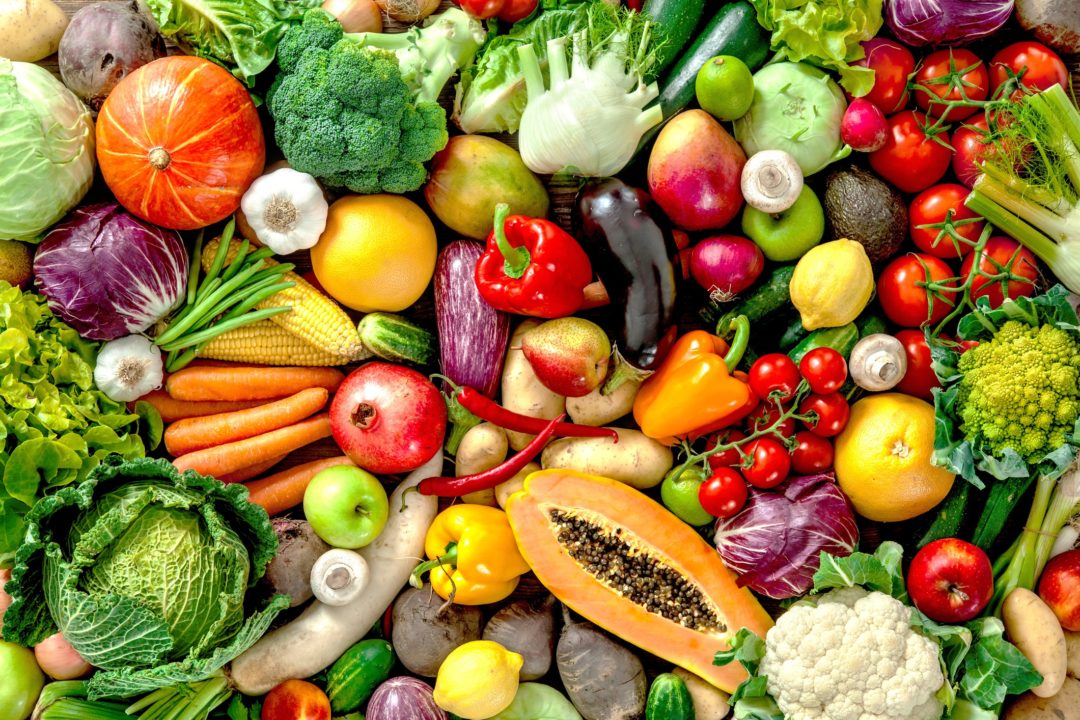The study involved two groups of people from Buddhist communities in Taiwan where a vegetarian diet is encouraged, and smoking and drinking alcohol are discouraged. Approximately 30% of participants in both groups were vegetarians, according to a press release. 25% of the vegetarians were men.
At the beginning of the study, the average age of all participants was 50, and none had experienced stroke. The first group of 5,050 people was followed for an average of six years. The second group of 8,302 people was followed for an average of nine years.
As per self-reported dietary habits, vegetarians ate more nuts, vegetables, soy, fiber, and plant protein than non-vegetarians, and consumed less dairy. Both groups ate the same amount of eggs and fruit.
Related: Cutting Back on Meat Could Significantly Impact Climate Keys to a Healthy Heart Study Finds Widespread Support for Veganism Among Meat Eaters
In the first group of 5,050 people, there were 54 strokes. After adjusting for age, sex, smoking, and health conditions like high blood pressure and diabetes, researchers found that vegetarians had a 74% lower risk of ischemic stroke than non-vegetarians. In the second group of 8,302 people, there were 121 strokes. Vegetarians in this group had a 48% lower risk of overall stroke than non-vegetarians, a 60% lower risk of ischemic stroke, and a 65% lower risk of hemorrhagic stroke, after adjusting for all relevant variables.Study author Chin-Lon Lin, M.D., of Tzu Chi University in Hualien, Taiwan, said in the release: “Stroke is the second most common cause of death worldwide and a leading cause of disability. Stroke can also contribute to dementia. If we could reduce the number of strokes by people making changes to their diets, that would have a major impact on overall public health.
“Overall, our study found that a vegetarian diet was beneficial and reduced the risk of ischemic stroke even after adjusting for known risk factors like blood pressure, blood glucose levels, and fats in the blood,” continued Dr. Lin. “This could mean that perhaps there is some other protective mechanism that may be protecting those who eat a vegetarian diet against stroke.”
One limitation noted in the press release was that the diet of participants was only assessed at the start of the study, so it is not known if participants’ diets changed over time. Also, the study may not be generalizable, because the study participants did not smoke or drink.










